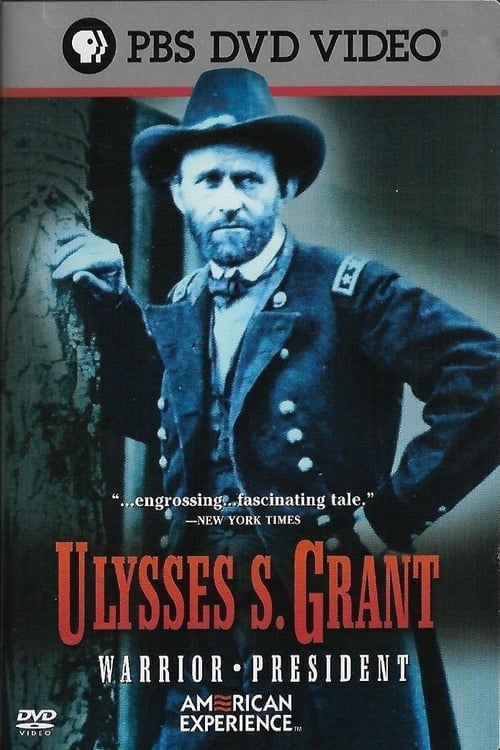
American Experience: Ulysses S. Grant (2002)
Gênero : Documentário, História
Runtime : 1H 47M
Director : Adriana Bosch
Sinopse
As a general, he had fought to preserve the Union. As president, he helped to oversee the transformation from union to nation. As a former president, he was the embodiment of the very idea of national union, and of America's entry onto the world stage. As a dying general, he was the symbol of the nation's greatest and most traumatic war. The story of Ulysses S. Grant's life, from his first days on the Ohio frontier to his last days out-writing death in the Adirondacks, is an endlessly fascinating one. Few public figures have ever held a such a firm grip on the American popular imagination. Grant was a man whose rise from obscurity made him a hero to millions who could see themselves in him. An ordinary man who faced and met extraordinary challenges, his successes and failures seemed to encapsulate the national character. He was so popular with the American public that, despite his two scandal-ridden terms as president, he was nearly nominated to run for a third term.

Filmado ao longo de cinco anos em Kansas City, este documentário segue quatro crianças transexuais - começando com as idades de 4, 7, 12 e 15 - enquanto redefinem a “maioridade”. Essas crianças e suas famílias nos mostram as realidades íntimas de como o gênero está remodelando a família ao lado, em uma crônica única e sem precedentes sobre o crescimento de um transgênero no interior do país.
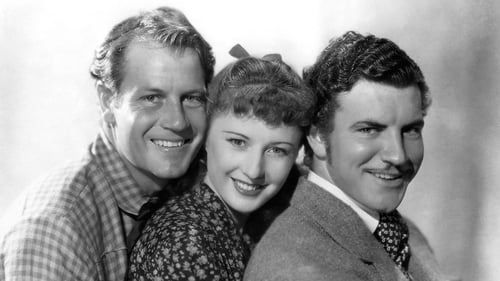
Sinopse: Cecil B. DeMille nos leva de volta ao ano 1860, então reconstrói a primeira ferrovia intercontinental, a Union Pacific. Um dos últimos feitos do Presidente Lincoln foi autorizar a expansão da Union Pacific para o oeste dos EUA. Um espetáculo real e histórico, que as vezes mescla as aventuras fictícias do inspetor ferroviário (McCrea), a bilheteira (Stanwyck), e o melhor amigo de McCrea, Preston. Infelizmente, Preston une-se a Donlevy, que está empenhado a destruir a ferrovia, em nome de um cartel de políticos corruptos. Durante um ataque indígena, McCrea e Preston lutam lado a lado para salvar Stanwyck, então o inspetor tenta convencer Preston, a tornar-se um homem honesto.
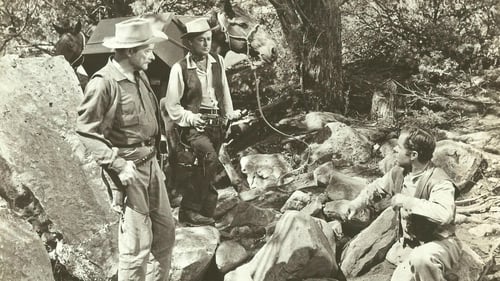
President Grant orders Indian fighter MacKay to negotiate with the Modocs of northern California and southern Oregon. On the way he must escort Nancy Meek to the home of her aunt and uncle. After Modoc renegade Captain Jack engages in ambush and other atrocities, MacKay must fight him one-on-one with guns, knives and fists.

Discover the fascinating story of Elizebeth Smith Friedman, the groundbreaking cryptanalyst who helped bring down gangsters and break up a Nazi spy ring in South America. Her work helped lay the foundation for modern codebreaking today.

A documentary that explores the range of experiences lived by transgender Americans.
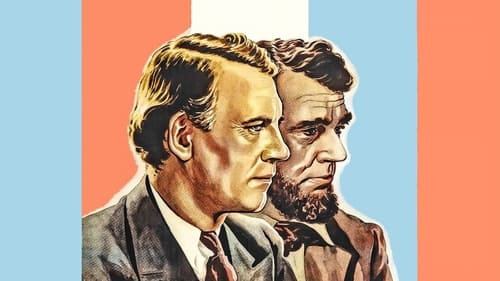
Um marco no cinema, este filme do legendário diretor Griffith, é a primeira obra biográfica da era dos filmes "falados" e a primeira na tentativa de narrar a vida do Presidente Lincoln desde sua infância até a sua morte, incluindo o martírio na Guerra Civil.
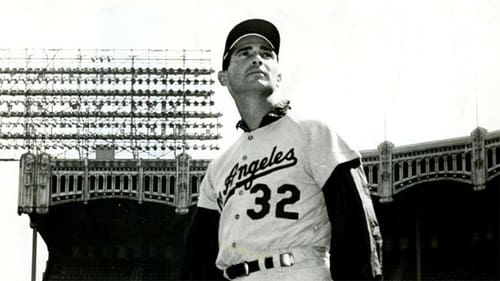
Actor Dustin Hoffman narrates this decade-spanning documentary that highlights the contributions of Jewish Americans to the most American sport of them all: baseball. Highlights include a rare interview with legendary pitcher Sandy Koufax.
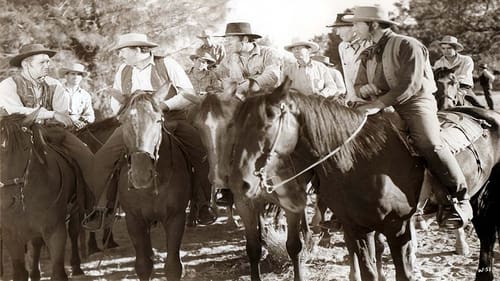
Gen. Ulysses S. Grant has a job for Wild Bill Hickok (George Houston) and his sidekick (Al St. John).
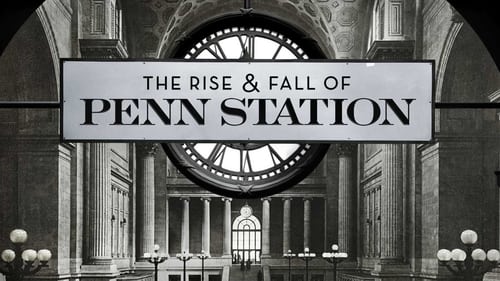
In 1910, the Pennsylvania Railroad successfully accomplished the enormous engineering feat of building tunnels under New York City's Hudson and East Rivers, connecting the railroad to New York and New England, knitting together the entire eastern half of the United States. The tunnels terminated in what was one of the greatest architectural achievements of its time, Pennsylvania Station. Penn Station covered nearly eight acres, extended two city blocks, and housed one of the largest public spaces in the world. But just 53 years after the station’s opening, the monumental building that was supposed to last forever, to herald and represent the American Empire, was slated to be destroyed.

Rob Williams was an African-American living in Monroe, North Carolina in the 1950s and 1960s. Living with injustice and oppression, many African-Americans advocated a non-violent resistance. Williams took a different tack, urging the oppressed to take up arms. Williams was stripped of his rank as leader of the local NAACP chapter, but he continued to encourage local African-Americans to carry weapons as a means of self-defense. Wanted on a kidnapping charge, Williams and his wife fled to Cuba. His radio show Radio Free Dixie could be heard in some parts of the United States.

In 1988, after two terms in office, Ronald Reagan left the White House one of the most popular presidents of the twentieth century -- and one of the most controversial. A failed actor, Reagan became a passionate ideologue who preached a simple gospel of lower taxes, less government, and anti-communism.

The remarkable story of Earl Silas Tupper, an ambitious but reclusive small-town inventor, and Brownie Wise, the self-taught sales-woman who built him an empire out of bowls that burped. Brownie was an intuitive marketing genius who trained a small army of Tupperware Ladies to put on Tupperware parties in living rooms across America in the 1950s. She rewarded her sales force with minks and modern appliances at extravagant annual jubilees which the company filmed. her saleswomen earned thousands, even millions, selling Tupperware. And the experience changed their lives.
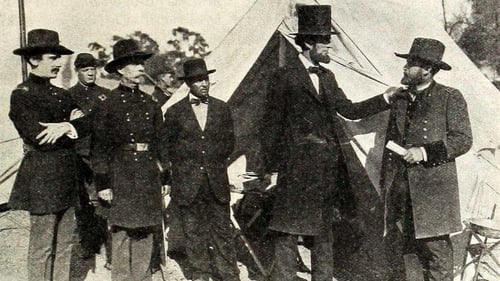
A biographical film featuring the presidency and assassination of Abraham Lincoln during the American Civil War.

In the mid 1800s, New York City was one of the most crowded places on earth. The congested streets and pokey transportation system were a source of constant complaint. On March 24, 1900, ground was broken for the Big Apple's subway; the Interborough Rapid Transit Line opened four years later, running more than 26 miles of underground track at the speed of 35 miles per hour. Soon thousands in the city were "doing the subway."
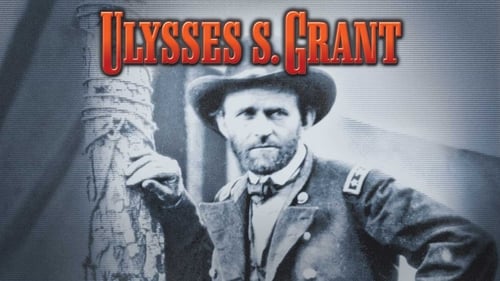
As a general, he had fought to preserve the Union. As president, he helped to oversee the transformation from union to nation. As a former president, he was the embodiment of the very idea of national union, and of America's entry onto the world stage. As a dying general, he was the symbol of the nation's greatest and most traumatic war. The story of Ulysses S. Grant's life, from his first days on the Ohio frontier to his last days out-writing death in the Adirondacks, is an endlessly fascinating one. Few public figures have ever held a such a firm grip on the American popular imagination. Grant was a man whose rise from obscurity made him a hero to millions who could see themselves in him. An ordinary man who faced and met extraordinary challenges, his successes and failures seemed to encapsulate the national character. He was so popular with the American public that, despite his two scandal-ridden terms as president, he was nearly nominated to run for a third term.

As a general, he had fought to preserve the Union. As president, he helped to oversee the transformation from union to nation. As a former president, he was the embodiment of the very idea of national union, and of America's entry onto the world stage. As a dying general, he was the symbol of the nation's greatest and most traumatic war. The story of Ulysses S. Grant's life, from his first days on the Ohio frontier to his last days out-writing death in the Adirondacks, is an endlessly fascinating one. Few public figures have ever held a such a firm grip on the American popular imagination. Grant was a man whose rise from obscurity made him a hero to millions who could see themselves in him. An ordinary man who faced and met extraordinary challenges, his successes and failures seemed to encapsulate the national character. He was so popular with the American public that, despite his two scandal-ridden terms as president, he was nearly nominated to run for a third term.
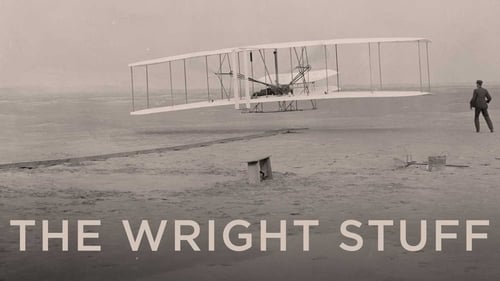
On August 8, 1908, at a racetrack outside Paris, Wilbur Wright executed what was, for him, a routine flight: a smooth take-off banking into a couple of tight circles, ending in a perfect landing. The flight took less than two minutes, but it left spectators awestruck. While the combined talents of Wilbur and Orville Wright had produced the first plane capable of controlled flight , their distrust of others had almost cost them the credit for their invention. Now, having proved to the public that they had mastered the sky, the reserved brothers from the small town of Dayton, Ohio, became world celebrities.

In 1931 the rains stopped and the "black blizzards" began. Powerful dust storms carrying millions of tons of stinging, blinding black dirt swept across the Southern Plains--the panhandles of Texas and Oklahoma, western Kansas, and the eastern portions of Colorado and New Mexico. Topsoil that had taken a thousand years per inch to build suddenly blew away in only minutes. One journalist traveling through the devastated region dubbed it the "Dust Bowl." This American Experience film presents the remarkable story of the determined people who clung to their homes and way of life, enduring drought, dust, disease--even death--for nearly a decade. Less well-known than those who sought refuge in California, typified by the Joad family in John Steinbeck's "The Grapes of Wrath," the Dust Bowlers who stayed overcame an almost unbelievable series of calamities and disasters.
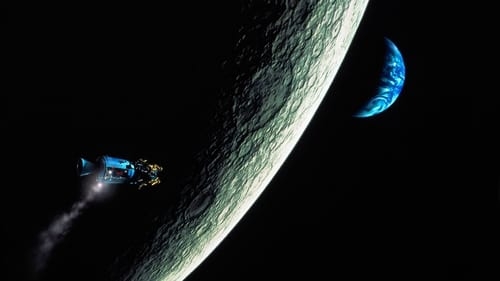
Em 1970, a NASA envia à Lua um novo grupo de astronautas na missão Apollo 13. Porém, já no espaço, um tanque de oxigênio explode. Com o acidente, os astronautas Jim Lovell, Jack Swigert e Fred Haise não conseguem seguir sua rota, correndo o risco de ficar sem oxigênio e energia suficientes para voltarem à Terra. Agora, a equipe a bordo e a equipe em terra firme correm contra o tempo para consertar a nave.
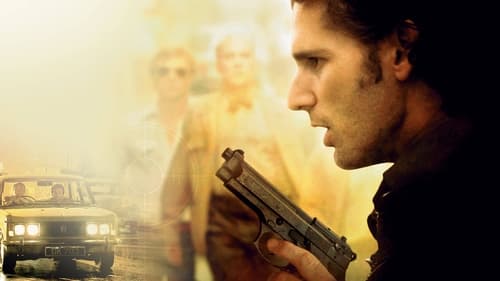
O governo israelense envia uma missão secreta de retaliação para matar onze pessoas ao redor do mundo depois que terroristas palestinos assassinam onze atletas israelenses nas Olimpíadas de Munique em 1972.

















